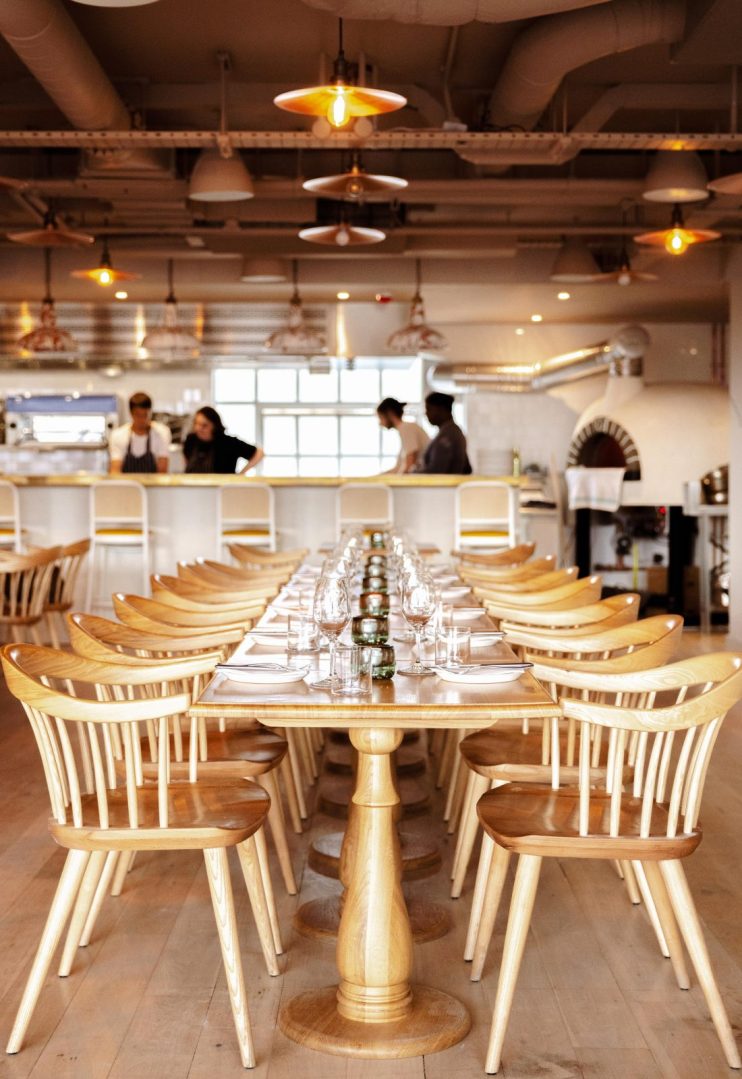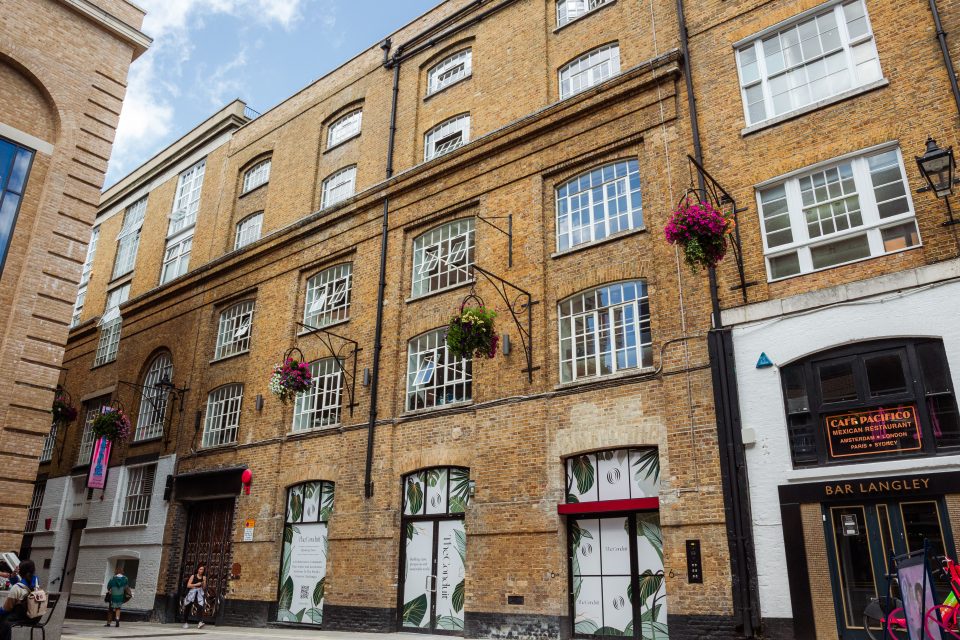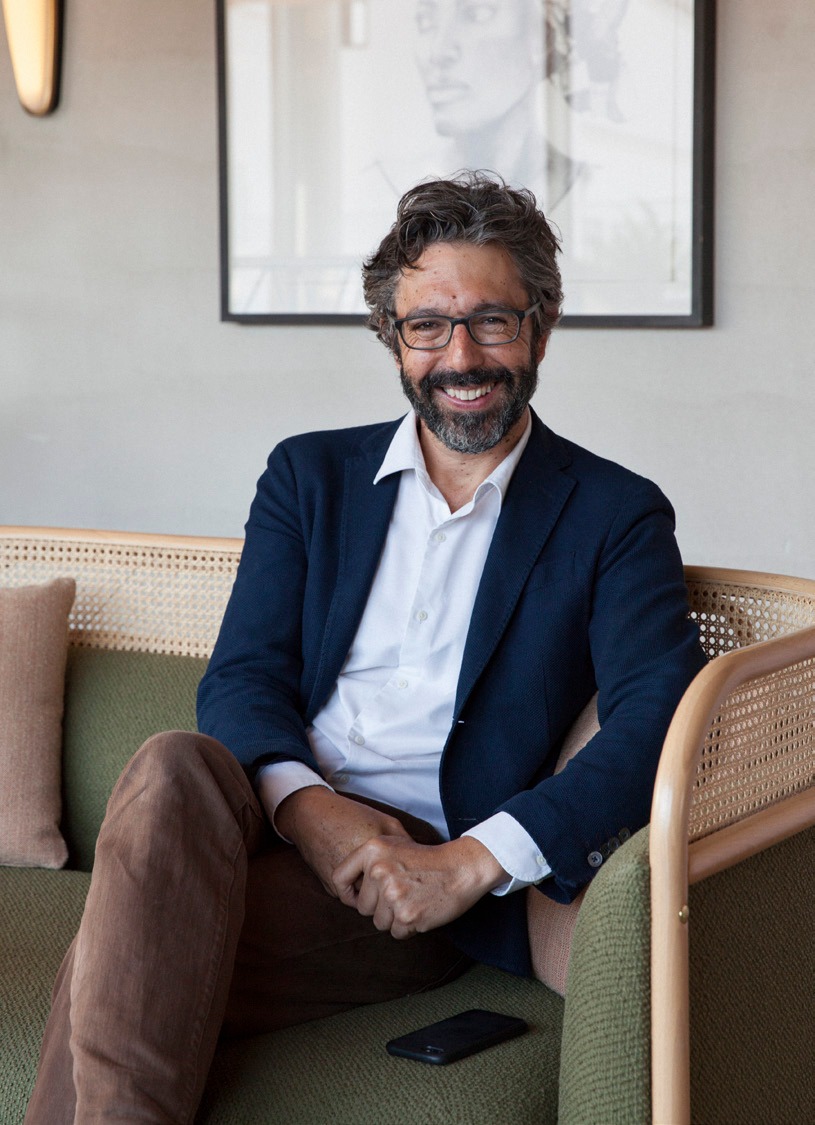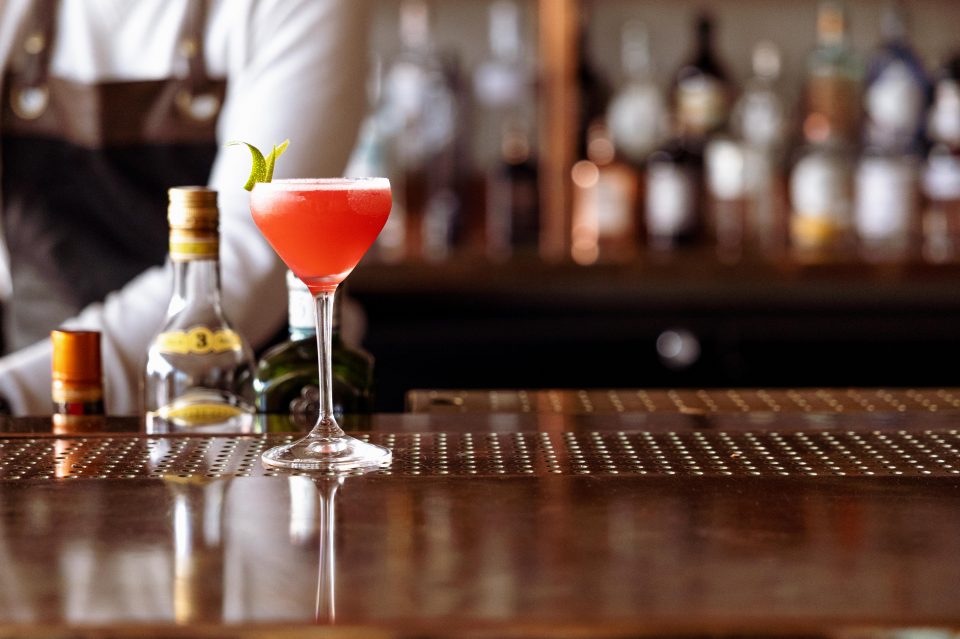Paying for the privilege: inside the members’ club with a conscience

As I write this, the weight of the world’s many crises feels heavy on my shoulders. The Conduit’s reopening comes at a time of general global unease. Closed in 2020 during the pandemic, and following the exceptional collective effort of its co-founders, team, and board thereafter, it will make its return next week to an arguably even harsher world than the one it first started in.
Many of its members – human rights lawyers, news anchors, aid workers, investors, women’s rights campaigners et al – will be feeling the strain of events in Afghanistan, the ongoing Covid-19 crisis, and the creeping threat of climate change after the grim IPCC report last month. With such an esteemed coterie of do-gooders, it is little surprise the Conduit’s original incarnation was branded the “wokest” of the private members’ club cadre. This jibe from the lexicon of the culture wars is something the club dismisses as an attempt to undermine their mission.
Paul van Zyl, the charismatic head of the invitation-only club, carries a similar burden over the political, social and environmental upheaval across the globe. Van Zyl is not the typical elusive figure you may associate with the City’s network of clubs – far from secretive or elitist – he is chipper and dressed in a simple denim shirt with a bit of dust in his hair from the building site he’s just walked me through.
Van Zyl grew up in South Africa during the apartheid era and served as the Executive Secretary of South Africa’s post-apartheid ‘Truth and Reconciliation Commission’ from 1995 to 1998 on behalf of President Nelson Mandela. A global changemaker, his life since has been one committed to fighting for social justice in just about every industry imaginable. Project after project fill his CV; a little work with the World Economic Forum here, a global sustainable fashion brand there.


So why now a private members club? Well, it’s not quite what you might think.
The Conduit seeks to provide a network to those fighting for social change and connect them with others to make that fight a reality. Activists can rub shoulders with million-pound investors, discussing anything from divesting from fossil fuels to the latest play showing in Soho. Founding members include CNN titan Christiane Amanpour and secretary-general of Amnesty International Salil Shetty – both of whom will return to the club as it reopens.
Talking to van Zyl about what he envisions for The Conduit ends up inevitably as a conversation about the future of our planet and our society. Our discussion almost mimics the very conversations that will eventually fill the walls of this new space when it reopens. On the agenda is everything from the upcoming United Nations climate conference COP26 to vaccine inequality, the Yanomami tribe in Venezuela and how much we spend on coffee a week (too much).
Van Zyl is impressive, a titan of social justice movements and arguably one of the key global players in the international human rights community – yet he talks with ease about all these things as someone who wants your opinion on it all. When I ask him who his dream member alive or dead of The Conduit is, he inevitably chooses his former colleague and friend Nelson Mandela. Laughing, he seems to immediately recognise the cliche – and even a natural cynicism about his easy answer is acquiesced by his obvious sincerity. Van Zyl says that Mandela’s principles and pragmatism represent the core values of his project. With a twinkle in his eye, he says Mandela also loved a bit of fun. Clearly so does he, given the generosity of the bar; the width of the whole top floor, it is stacked with all manner of exotic spirits, which are used in their sustainable cocktail masterclasses.

Van Zyl’s mood changes when he turns to the latest grim research released by the Intergovernmental Panel on Climate Change (IPCC). The scale of the task of achieving climate justice preys on the 51-year-old former human rights lawyer. The Conduit plans to hold a series of “no bullshit” podcasts at COP26 to dive into the tough questions and seek to find the equally tough answers.
So what will the new club offer aside from good conversation? An artfully curated blend of dinners, wine tastings, talks and books (from Stanfords next door), hand-painted murals on the walls by local artists and a restaurant powered by expert ‘guest’ chefs all year round. A place for ideas to be brought to life and a passionate staff team on a mission to inspire and motivate a community around social change. Part of what van Zyl hopes The Conduit will be is a place to join together those with the ideas to make a difference and those with the capital and influence to do so. When asked how they have found courting investors, it’s clear they’ve been flocking to get involved. One of the club’s main investors, Stephen Brenninkmeijer, is a key figure in the impact investing and sustainability sector and is chair of the European Climate Foundation.
Van Zyl for all his morals is also a realist, he recognises that social change comes with a hefty price tag – which is why you’ll likely find yourself sat next to a banker as much as a human rights lawyer at one of their dinners.
As we chat, I almost forget that we are stood in one of London’s most exclusive private members clubs, with a membership rate of just under two thousand pounds a year and not some branch of the UN. This is the beauty of what van Zyl has built, really this isn’t a private members club at all. It is a hub for thinkers, makers and believers – and a timely re-entry for London society at its most febrile state.
The Conduit reopens in Covent Garden on September 13th.